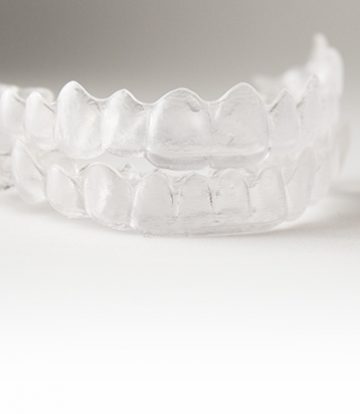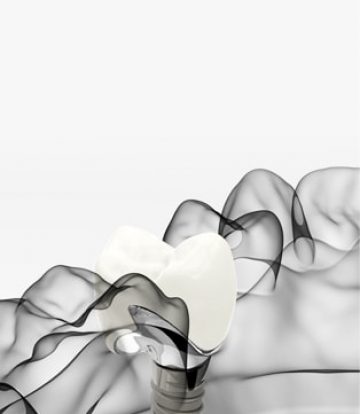Google Rating
4.1 Andy Jones
13:47 19 Mar 25
By far the best dentist that i have been to Dr Lewis Wilton, explains everything in detail, he's a perfectionist and shows how much he cares for his job. The dental nurses and receptionists are also extremely good, i wouldnt go anywhere else, thanks for doing a top job and giving me a smile i can be proud of!
Sophie Moorhouse
17:43 24 Oct 24
Absolutely amazing service from all of the staff at Cirencester Dental and Aesthetics. So happy with my outcome. Outstanding from start to finish! Thank you everyone, see you next year!
Tracey Wilson
19:22 09 Feb 23
Dr Lewis Wilton has one of the most caring and considerate manners I have ever experienced at a dentist. He explained everything and made sure my elderly father felt comfortable and relaxed (as well as he could be in a dentist’s chair). I would definitely recommend him and his assistant Elizabeth if anyone is nervous about going to the dentist.
Emily-Jane Gray
08:48 05 Oct 21
I have been with this practice all my life but Billy is by far the best dentist I have ever had. He explains everything he is doing, puts you at ease and is happy to answer any questions at all. Billy has recently done some composite bonding on my two front teeth after the old cap had worn down and chipped . I am so happy with the result, it has changed my smile completely and I am so grateful. I also see Kat, the hygienist who also provides the same high standard of service. I always feel very welcome and would recommend to anyone!
Diane Pritchard
09:56 21 Jul 21
As a nervous patient, due to previous dentists, I can honestly say that this practice has always provided an excellent service in all ways. From fitting me in quickly for an emergency repair to treatment, the whole team shows compassion, caring and polite interaction.Billy Chan is gentle, kind and reassuring. He explains everything. I rarely feel the needle going in ( I did with previous dentists.) and have never felt any pain during treatment. ( I did with previous dentists.) This is an outstanding practice and I feel fortunate to have Billy as my dentist. I highly recommend the Gloucester Street Dental Practice. They get the important things right.
Gem Mason
13:54 12 Jul 21
I have used this dental surgery my entire life and have always been so satisfied! Today I was desperate for an appointment and the receptionist was so helpful, kindly rang me back when they had a cancellation and was so welcoming. Dr Chan is so warm, kind and helpful. I feel very comfortable and relaxed here, thank you to everyone who works there!
19 Claverton
18:07 22 Jan 21
Many thanks to Billy and Rosy , also to the professional staff, as we ender due to our appointment, I was quite impressed with all the measurements against Covid, I'll be very honest , I felt very safe !! Many thanks !Great and professional team! Recommend them 10 out of 10.Chipri Rosca ( director of : Nexus of Bath Limited)
Sam Bowen
08:45 09 Mar 20
I have been attending this dentist all of my life and the service is impeccable. All of the staff are professional and helpful. If you were in need of a dentist, I would genuinely recommend GSDP.Billy is absolutely fantastic. I have to see the dentist more than your average 2x a year, due to having a bridge and not once have I had a bad experience.The whole process being with the team is that relaxing, I have actually nodded off before! (Sorry about that Billy!)
Past Productions Phil Stevens
11:33 11 Mar 18
A great friendly team. feeling very relaxed and comfortable and the aftercare service is great. Highly recommended
Lance Watson
23:07 14 Sep 17
I have travelled and moved many times throughout my life, as a consequence I have visited many Dental practices. I have always had a bit of a phobia. I have however been a patient of Billy for at least two years and I can say with absolute certainty he is the best Dentist I have ever seen, and by a huge margin. For the the first time in my 46 years I no longer fear going to.the dentist - in fact I quite look forward to it. Not only is Billy the best Dentist in every respect, he is also a really nice guy. Cirencester is very lucky to have him!
billy mayo
07:03 18 May 17
Amazing practice! Dr Billy Chan is patient, thoughtful, explains everything and is most importantly gentle! i would recommend to anyone who worries about going to the dentist as he makes the experience so much better.






















